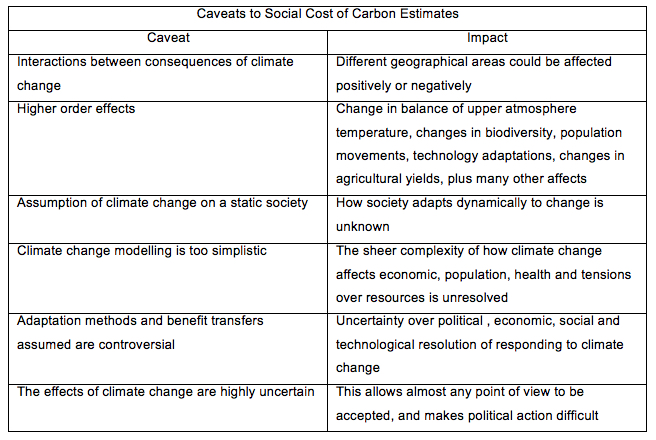Everyone in the LoLo community at both the Loughborough School of Civil and Building Engineering and the UCL Energy Institute would like to congratulate Sven Hallin on passing his viva with minor corrections on 2 September 2015.
His thesis title is “Reducing residential sector dependence on fossil fuels: a study of motivating factors”.
Sven tells us about his work and time with the LoLo CDT:
What was it about?
The thesis discussed the need for reductions in fossil fuel dependence, presented a comprehensive background to the use of energy and more recent energy policy and presented detailed information on the consumption patterns and views of seven British householders, and the views of six British ‘players’ in the sector and six Australian householders.
A key question was: what will motivate residential energy users to use energy more efficiently and/or more sustainably? The study took a mixed method approach and considered case studies in both the UK and Australia, two countries with very different energy regimes. UK case studies were analysed using predictive energy modelling, quantitative assessment of actual energy use and thermal comfort, and qualitative interview and focus group assessment of individual motivation around energy use.
The Australian case studies were assessed qualitatively and their attitudes compared to the UK core group. Additional perspectives were gained through interviews with UK landlords, a large environmental group, a senior politician, and two senior policymakers from a large energy company. The investigation assessed the implied importance of the key strands developed from previous research in instigating changes in behaviour amongst occupants. These included psychological, social, financial, educational and regulatory factors. In particular, it looked at the ineffectiveness of the Green Deal on energy behaviour in the residential sector.
The research revealed that there is sometimes a disconnect between intention and behaviour with regard to energy use. However, there seems to be a certain commonality among the research participants, in that their behaviour around energy was often other than predicted by conventional economics and more likely to incorporate predictions from behavioural economics.
Another issue that became clear in the research is that policy focusing purely on energy efficiency can be ineffective, if the policy goal is to mitigate the effects of climate change. The rebound effect is likely to result in a lower demand for residential energy transferring to increased demand for energy elsewhere in the economy. The study recommends that policy should focus on sustainable energy use, using financial and other mechanisms to discourage the use of fossil fuels.
The main contribution of the thesis is in the presentation of the detailed information from the survey of the buildings, discussion of energy consumption and detailed presentation of findings from individual interviews and a focus group with the British householders. There are two levels of
findings: the first is the prevalence of different motivations amongst the groups interviewed, which are discussed and contextualised in the sample obtained; the second is the link between behaviour (actual consumption compared with that modelled) and viewpoints.
What were the highlights of LoLo?
One of the excellent aspects of being part of the LoLo CDT was the opportunity to study a Master of Research degree in the first instance. This provided an excellent basis with which to approach my Ph.D., and gave me both a helpful stimulus and clear ideas as to my areas of interest. It was a great pleasure working with the colleagues in my cohort in both Loughborough and UCL. Apart from being extremely bright and knowledgeable, they all also had a great sense of fun. This made working together at seminars and conferences something to look forward to, apart from the opportunity to disseminate the findings from our research.
What are you doing now?
Along with my supervisors, Professor Thomas Weyman-Jones and Dr Elizabeth Hooper, I have been working on a research paper entitled ” Why the Green Deal failed: Case Study evidence and behavioural analysis.” we intend, on completion, that this will be submitted for publication in a peer-reviewed journal.
I’m also involved in some non-academic writing projects, but I hope when these are complete that I may have the opportunity to do some further academic research.
“Reducing residential sector dependence on fossil fuels: a study of motivating factors” [PDF – 7MB]


